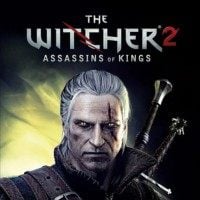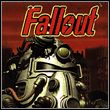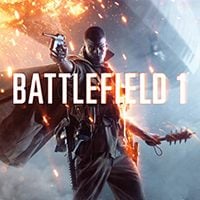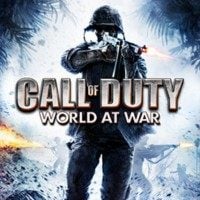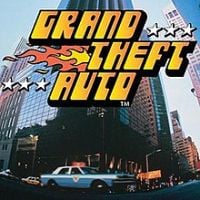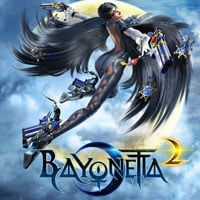Bayonetta 2 – saved by Nintendo. 7 Big Hits That Almost Got Cancelled
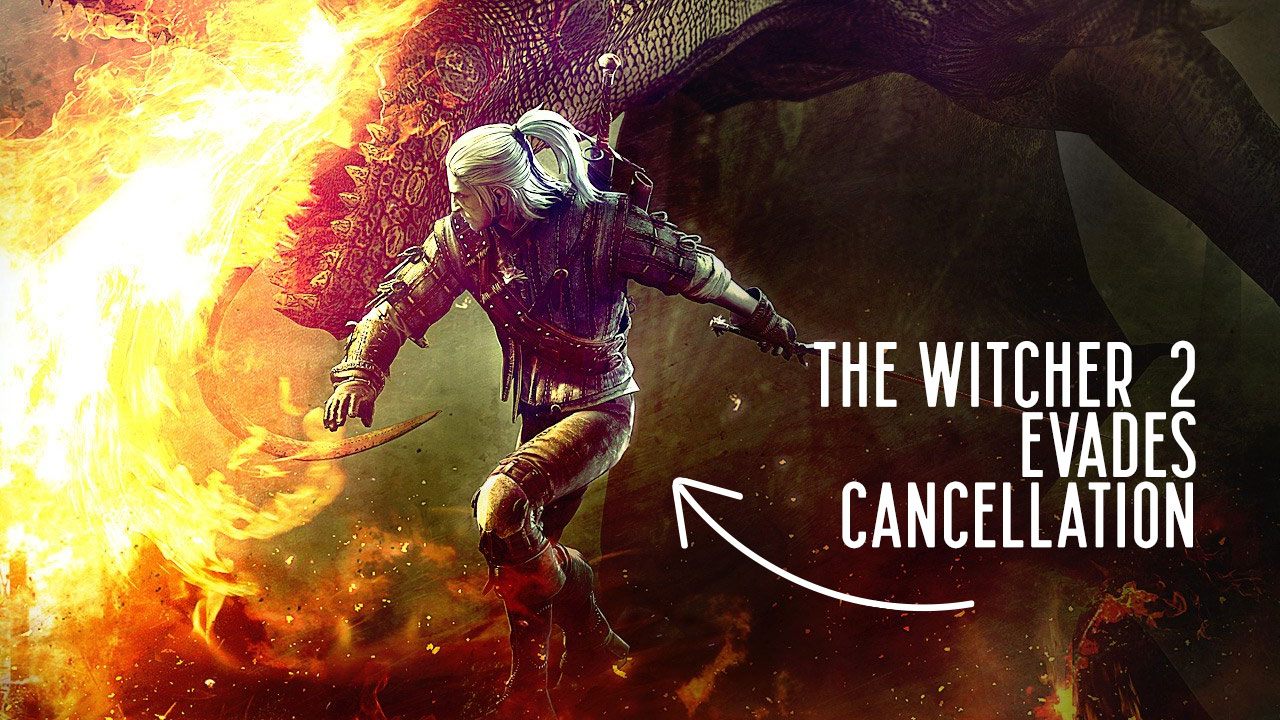
- 7 Big Hits That Almost Got Cancelled
- GTA 1 – a blend of ideas
- Bayonetta 2 – saved by Nintendo
- No Man's Sky – a cathartic experience
Bayonetta 2 – saved by Nintendo
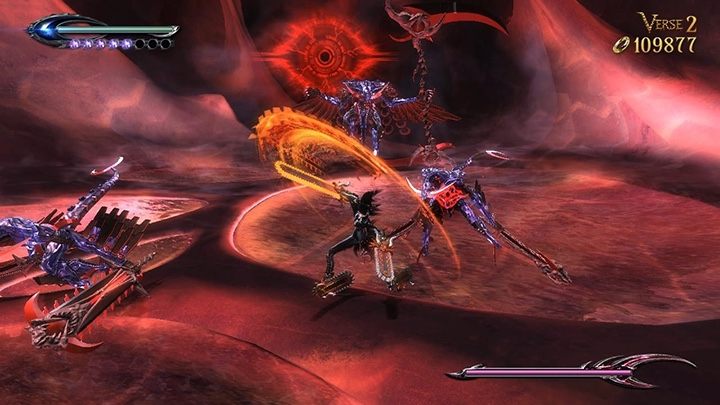
- Release Date: September 20, 2014
- Developer: PlatinumGames
- Genre: TPP action slasher
The first installment of the spectacular slasher called Bayonetta was warmly received by players and reaped great reviews and scores. Over a million copies sold probably helped warranted Sega's decision to support the developers at PlatinumGames in creating a sequel. First, there were solemn assurances about how important the brand was to Sega and that a sequel would definitely be made "when the time would be right." After sporadic leaks about a new character straight out of the U.S. Army, however, news of the project's cancellation suddenly dropped.
The troubled Sega "killed" several other titles during its restructuring, leaving behind Sonic, Total War, Football Manager, and Aliens. PlatinumGames has been left in the lurch with Bayonetta 2. However, they weren't going to abandon a promising brand, and instead got busy looking for another publisher. Help came from Nintendo. However, the resurrection of the project came at a certain price – the disappointment of many fans. See, Bayonetta 2 was intended exclusively for Nintendo's Wii U console. Despite the platform change and slightly different controller, the gameplay mechanics remained unchanged and almost everything was improved in the sequel. Released in 2014, Bayonetta 2 owned other games, getting many perfect scores, and became an instant hit. The Wii U received a strong system seller, and Nintendo providently kept the brand exclusively to itself, releasing a Switch version four years later.
Battlefield 1 – World War I is no good for games
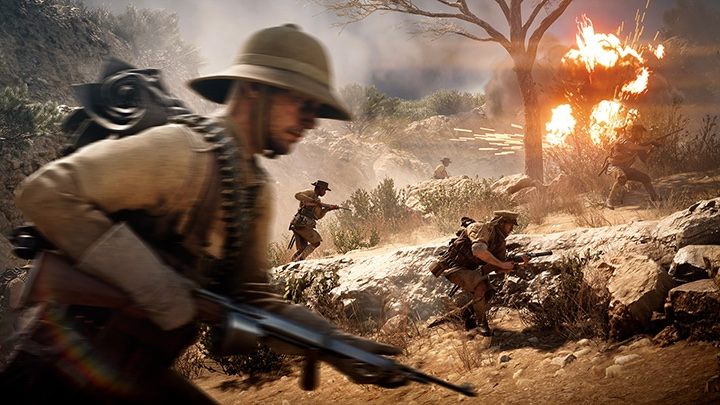
- Release Date: October 21, 2016
- Developer: EA DICE
- Genre: FPP network shooter
When DICE and Electronic Arts showed the first trailer for Battlefield 1, everyone was surprised by such an unusual setting for an FPS – namely World War I. People were surprised not only by the originality of the idea, but also by how good and dynamic the clashes looked on trailers. Such enthusiasm was not initially shared by EA's creative director, Patrick Soderlund. When the DICE team communicated that the new Battlefield would be set during World War I, he dismissed the idea right away. He naturally associated the period with static trench warfare, which, in his mind – and quite understandably – had little potential for an online shooter, not to mention the "Only in Battlefield" moments.
He knew the studio's strongest suit were contemporary settings, and he'd seen the competition being quite successful in sci-fi climates. However, everyone realized that the series could use some diversion – but according to Soderlund, WWI was not the way to go. DICE, however, had already set their minds on the idea. A special demo with sample gameplay was prepared, and once again, the entire project was shown to Patrick. This time, they successfully planted a seed of curiosity. Battlefield 1, though with reluctance, was green lit. The producer, Alex Grondal, mentions that a World War I game had been a dream of DICE for a decade, and they really saw a lot of potential in this subject. It was also a unique challenge to the skill and creativity of the developers of BF. The teaser and trailer alone, viewed over 31 million times, reassured them that this was a good direction.
